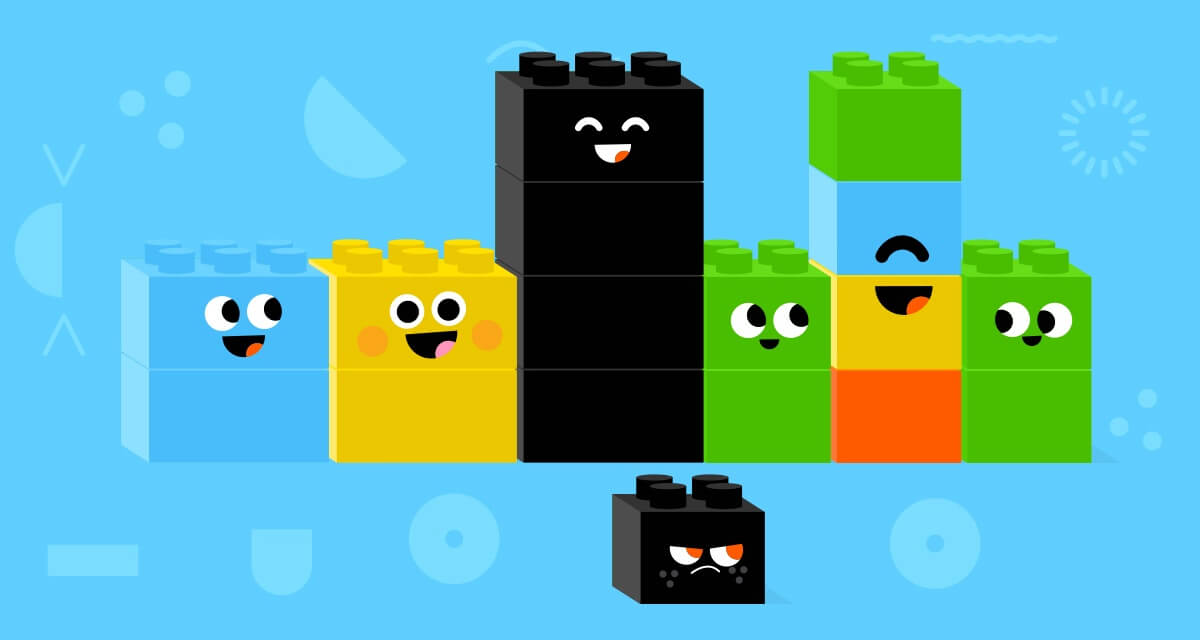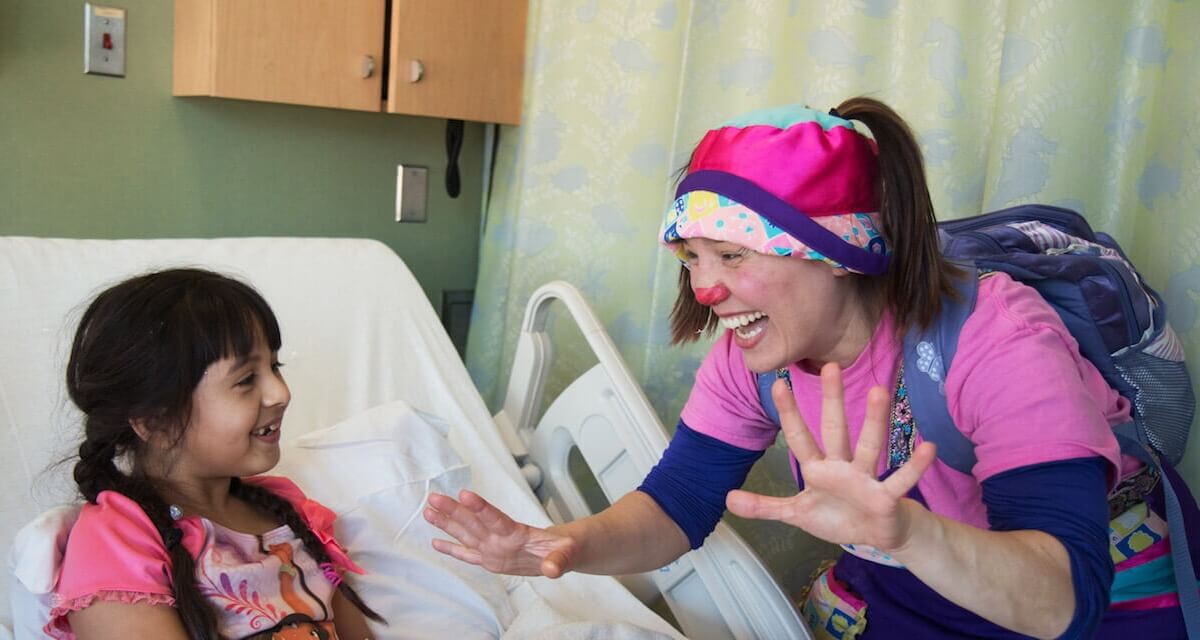These 7 tips can help ease the transition for big bro or big sis.
- By
- Parker Barry

The author’s sweet girls.
When my older daughter was 3 and we were expecting her new sibling soon, she went with us on a tour of the new hospital wing where I’d deliver. A few nights later, I heard her footsteps in the front hallway in the wee hours. After rolling myself out of the bed, I found her, half-asleep, at the locked door that leads to the garage, trying to get out. “I thought you left to have the baby, and I was here by myself,” she cried. “And the cats can’t take care of me.” I was simultaneously amused and heartbroken, realizing her anxiety. While we thought were were preparing her for life with a baby at home, we hadn’t made clear to her how she’d be taken care of while her dad and I were away.
While becoming a parent for the first time is full of preparations — from childbirth classes to baby registries, subsequent babies don’t usually require as much preparation for the parents-to-be. But for the older kids, this is going to be someone’s first time as a big sibling. In Siblings without Rivalry, Adele Faber and Elaine Mazlish put the experience in relatable terms for parents. Imagine, they say, that your spouse tells you that they love you so much that they’re going to get another spouse, too, a younger one at that! That news might not be well-received, and the adjustment might present some challenges, as well. Here are some tips that may help ease the adjustment for older siblings.
Seven ways to get your older kid ready for a new baby
- 1. Prepare them for what to expect, both with a new baby and with the birth. We thought we’d prepared Caroline, taking her on the hospital tour. We left out the most important part for her, though — who would take care of HER! I put her on the phone with my sister, who assured her that she’d be with her when mommy was at the hospital. Many hospitals have big sibling classes to get kids prepared. At her big sibling class, my niece learned that babies can choke on small objects. With pride, she checked her toys and items around the house to make sure they couldn’t fit through a toilet paper tube.
- 2. Take care of any major changes well before the baby comes. Do any room or bed shuffling well before the baby arrives to give kids time to adjust and to avoid any feelings of displacement. Also, you may want to wean (if you choose, read Adventures in Tandem Nursing by Hillary Flowers for more information) and take care of toilet training a few months in advance, though it’s totally normal for kids to experience regressions.
- 3. Read to them about being a sibling. The experiences of characters can help kids process and articulate their own feelings. Here are some suggestions for read-alouds to share with kids as they prepare for a new sibling. They’ll also love seeing pictures and hearing stories of what your life was like when you were expecting them and when they were a baby. If you don’t have a baby book that you want in their hands, you could make a custom photo book online. I made one for my older daughter showing her being held as a baby by all of the people I knew would be coming to visit once the baby was born.
- 4. Involve them in decision-making and preparations.
Many families include older siblings in name selection. Stancey Curry’s older son suggested naming his new brother after the bull rider, Ty Murray. They incorporated his suggestion, naming the baby Jefferson Tyler — and calling him Ty. Siblings can also help pick baby’s first outfit — or decorate onesies with fabric markers or iron-ons for the baby to wear, like Laura Nattinger’s older kids did for her fourth baby.
- 5. Give them their own “big kid” space.
Since preschoolers and older kids are likely to have toys that do not pass that toilet-paper-roll-choking-hazard test, give them a safe place to play with those toys that younger siblings can’t get to. I redid my daughter’s closet to become her craft station so her little sister, once toddling, wouldn’t destroy her works of art. Some parents create a nap-time bin for toys with smaller pieces that only comes out when the baby is sleeping.
- 6. Fit the baby into your routine. In Loving Each One Best, Nancy Samalin and Catherine Whitney recommend making a point to show your older child that you value their time and attention. If reading to an older child and the baby starts crying, they advise asking the older sibling what they think you should do. Take turns with your co-parent, if possible, so that you can fully focus on the older sibling or siblings sometimes, without baby disruptions. Also, slings and baby carriers are a great tool for tag-along younger siblings. I remember helping my 3-year-old with a craft at library story-time while her weeks-old sister slept against my chest in the sling. It was one of those (often-fleeting) “I can do this!” new mom feelings.

“It was the most brutally difficult time of my life,” says Christian Drake of Austin, Texas. “One day my 3-year-old threw his plate at the wall and said, ‘I’m just not happy with my life anymore!”
- 7. Validate siblings’ troubling feelings when necessary.
Every moment won’t be easy for the new sibling, even with preparation. Acknowledge that. Faber suggests pointing out the temporary downside of your new family member, if necessary. Tell the older sibling, “Babies need lots of time and attention. That can be so annoying when you want to go places or do things that you can’t now because of the baby. Grrr! But the good thing is that babies grow fast, and soon you’ll have a new lifelong brother or sister of your very own. How good is that!”
Be gentle with yourself, too, in the transition. You’ll have rough days, and you’ll have OK days. Just remember that old parenting adage to keep it in perspective: The days are long, but the years are short.
Learn about Siblings Day from the Siblings Day Foundation.




